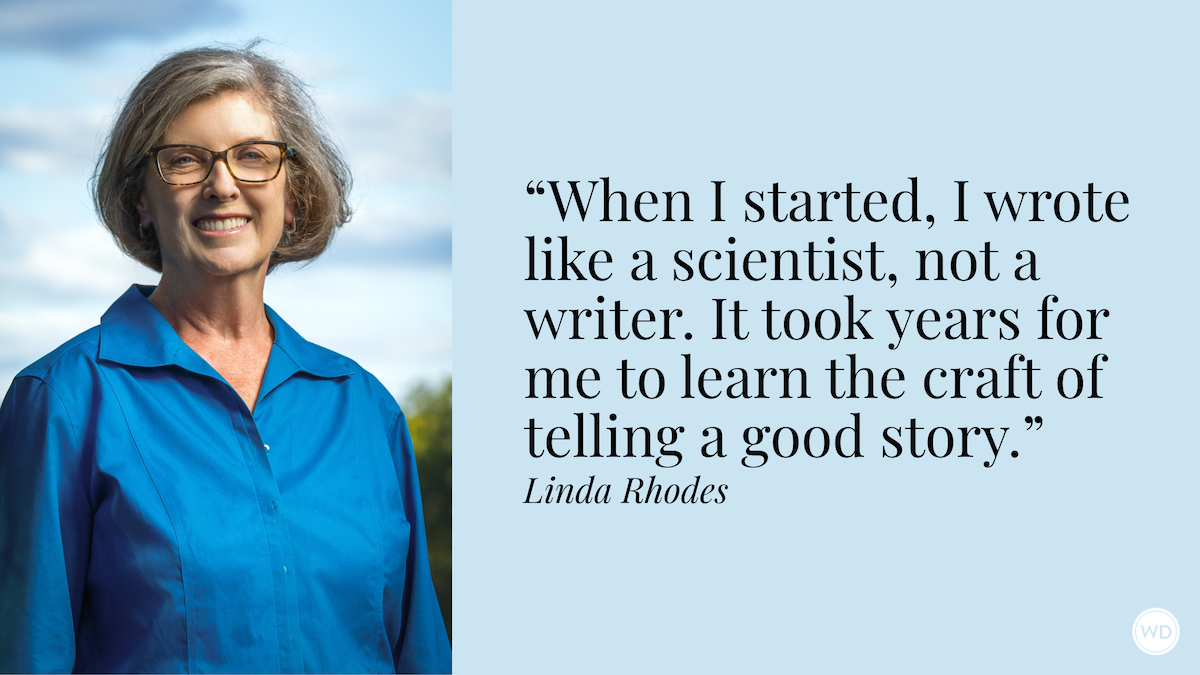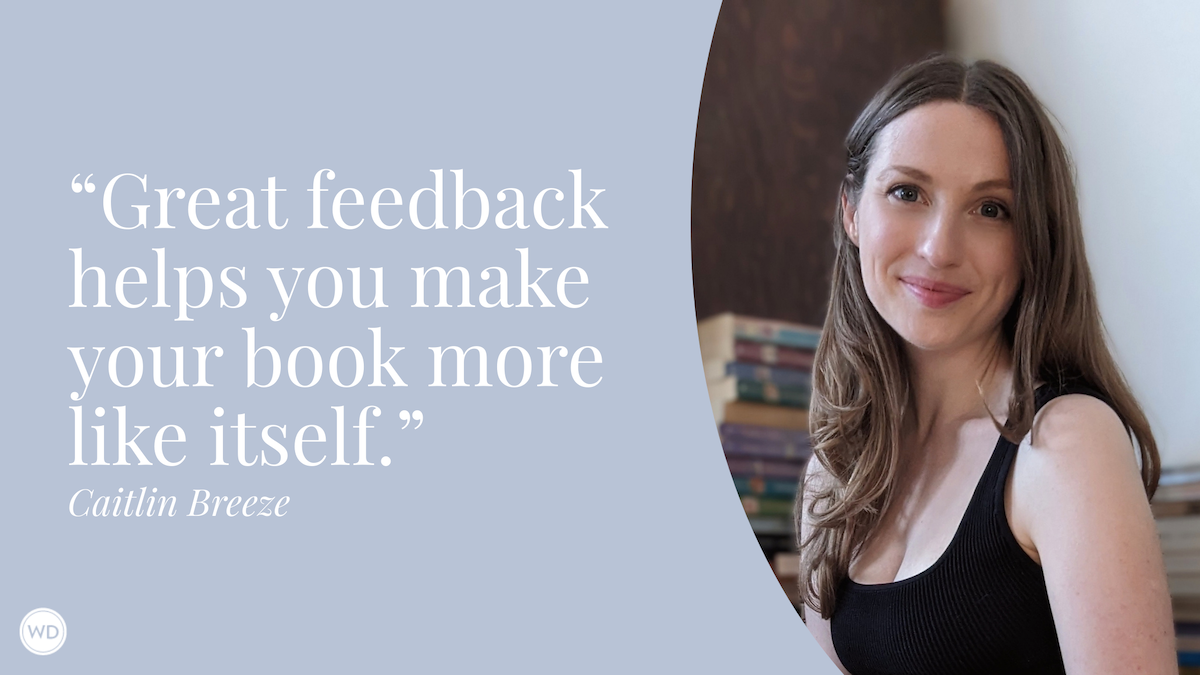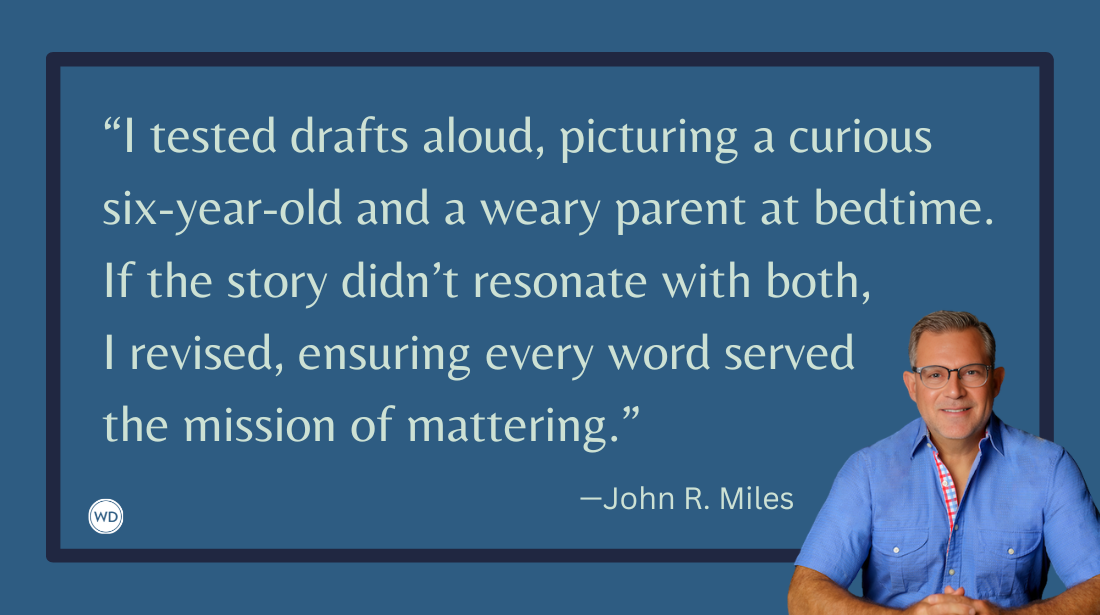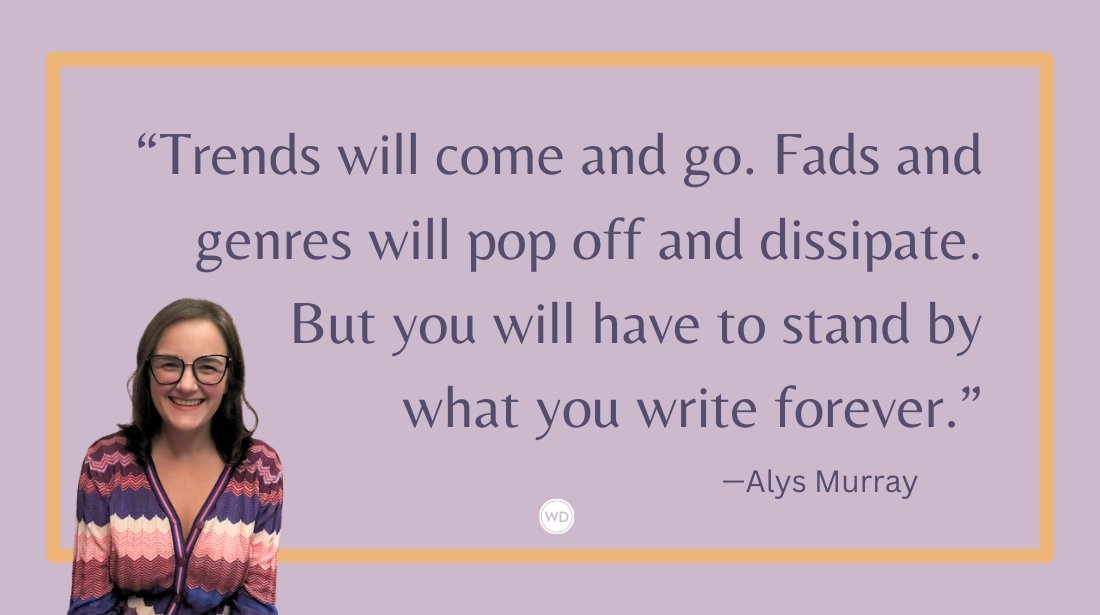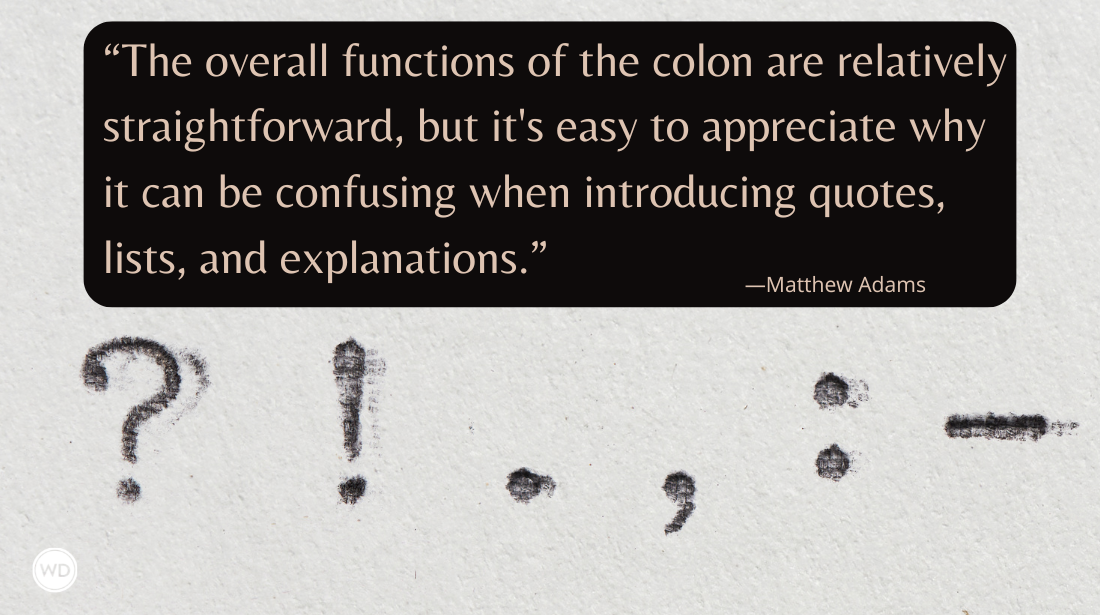Heroin vs. Heroine vs. Hero (Grammar Rules)
Learn when it’s appropriate to use heroin vs. heroine vs. hero with Grammar Rules from the Writer’s Digest editors. Believe it or not, the heroic possibilities aren’t quite as cut and dried as many expect.
In a world of superheroes and comic-based multiverses, many writers are bound to ask for the super-powered female protagonists, "Should I use the word heroin or heroine?"
Heroin vs. Heroine
Heroin is an addictive opioid that is typically injected into a vein, though it can also be smoked, snorted, or inhaled. It's the drug of choice used in the movie Trainspotting, based on Irvine Welsh's novel of the same name. It's generally considered a bad recreational drug that can ruin lives, though users take it for its euphoric effects.
Heroine is the female protagonist of a work of fiction and/or a real-life woman admired for her outstanding qualities and/or achievements. Kind of like Amelia Earhart or Princess Diana (aka, Wonder Woman).
So while heroin may briefly make someone feel like they have superpowers, heroines sometimes actually do have superpowers.
Make sense?
But why did I include the term hero in the title?
Good question.
This is where it can get a little confusing, because popular usage is mixed on whether to refer to women with superpowers as heroines or heroes. Some sources refer to a super-powered and/or admirable woman as a hero, making the word hero gender-neutral. And maybe that's the way language is moving.
I'm not making a ruling either way. However, whether you prefer hero or heroine, please don't use heroin. It's bad for your health.
*****




